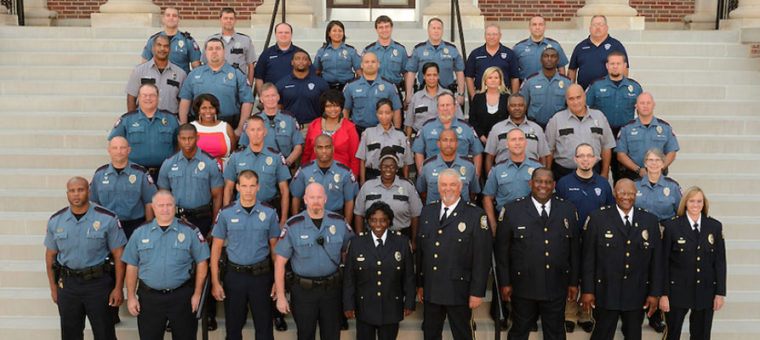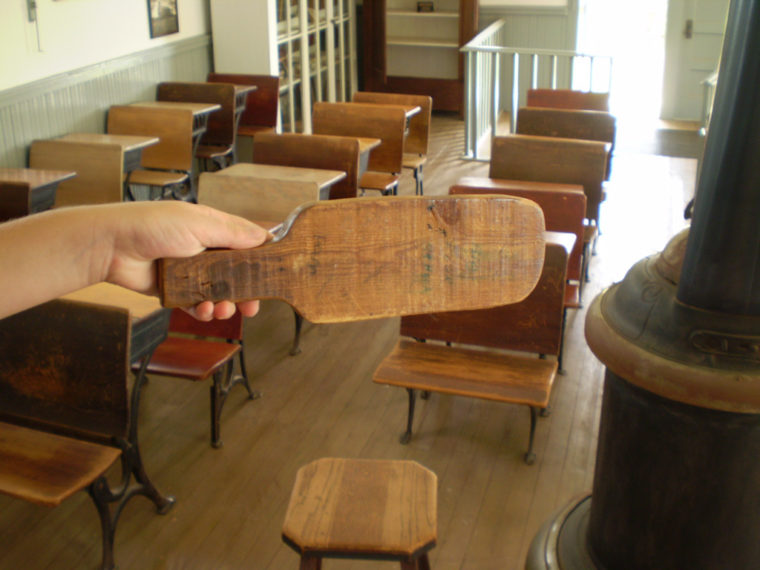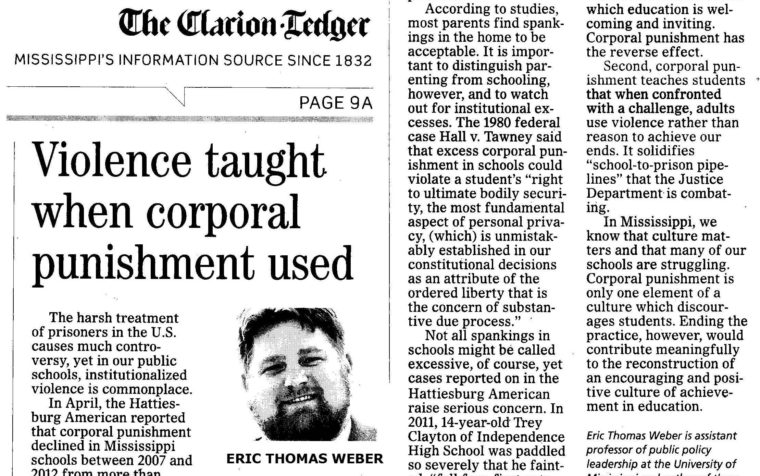This morning, I had to call Jackson, MS. So, I dialed 9 to get an outside line, then hit 1. Actually, somehow — I don’t think I could repeat it, as I don’t know how I did it — I managed to hit the 1 button twice, as fast as a double-clicked mouse. I realized that I had made a mistake, so I hung up and redialed. It worked and I had to leave a message. No problem.
About 20 seconds after I hung up, I got a call from the University Police Department. I didn’t understand it at first, but I was asked about my 911 call. What? Suddenly, I realized that I had indeed, totally by accident, pressed those buttons, before I quickly hung up. I felt embarrassed for not even having realized what I had done. More importantly, I apologized to the dispatcher and to the two UPD officers who showed up at my door within about 45 more seconds.
Breathing like they had hurried, they kindly asked me if everything was alright. They didn’t for a second make me feel bad for having foolishly sounded an alarm. I was responsible for spiking at least three people’s adrenaline, though they looked quite calm. I felt my own adrenaline rise as I became aware of the magnitude of my dialing error. The fact that we need today to respond that fast to problems that arise on campuses around the United States rushed into my thoughts.
Beyond the violence that has occurred on campuses around the U.S., in Jackson and in Oxford protesters are calling for secession, threatening “to fight” if they can’t achieve their ends by political means. They complain of “Marxists” in politics and in education. They’re frightening and are reasons why now, of all times, we need all the more vigilance and prompt replies to 911 calls. I won’t be testing the system accidentally again, but I can testify to the impressive professionalism I witnessed from UPD.
I’m grateful to UPD, who revealed to me how well oiled their system is. I feel much safer on campus after that experience. I also plan to order a special dialing wand, like the one Homer Simpson needed, or at least to be infinitely more careful than I was this morning when I dial out.
I’m grateful to the three I spoke with for their generous understanding about my accidental dialing. I’m more grateful for their and the university’s serious and professional effort to be rapidly responsive when called upon. The next time I’m feeling cynical from witnessing people who seem not to care about others’ problems, I’m going to think about my experience today. The rest of us avoid danger, while some good, courageous people rush towards it for our safety.
For a little levity, Homer Simpson’s dialing problem:








 About Me
About Me